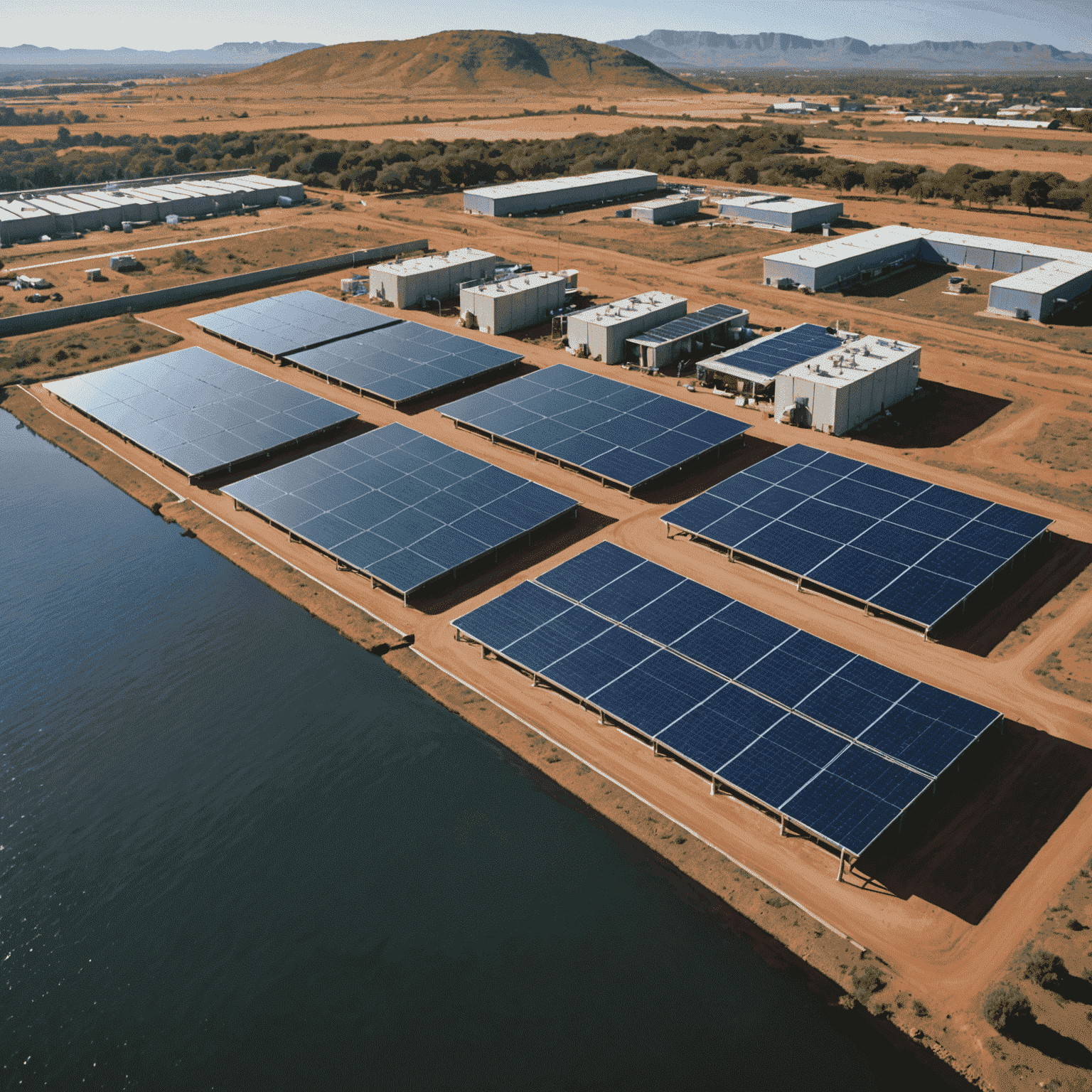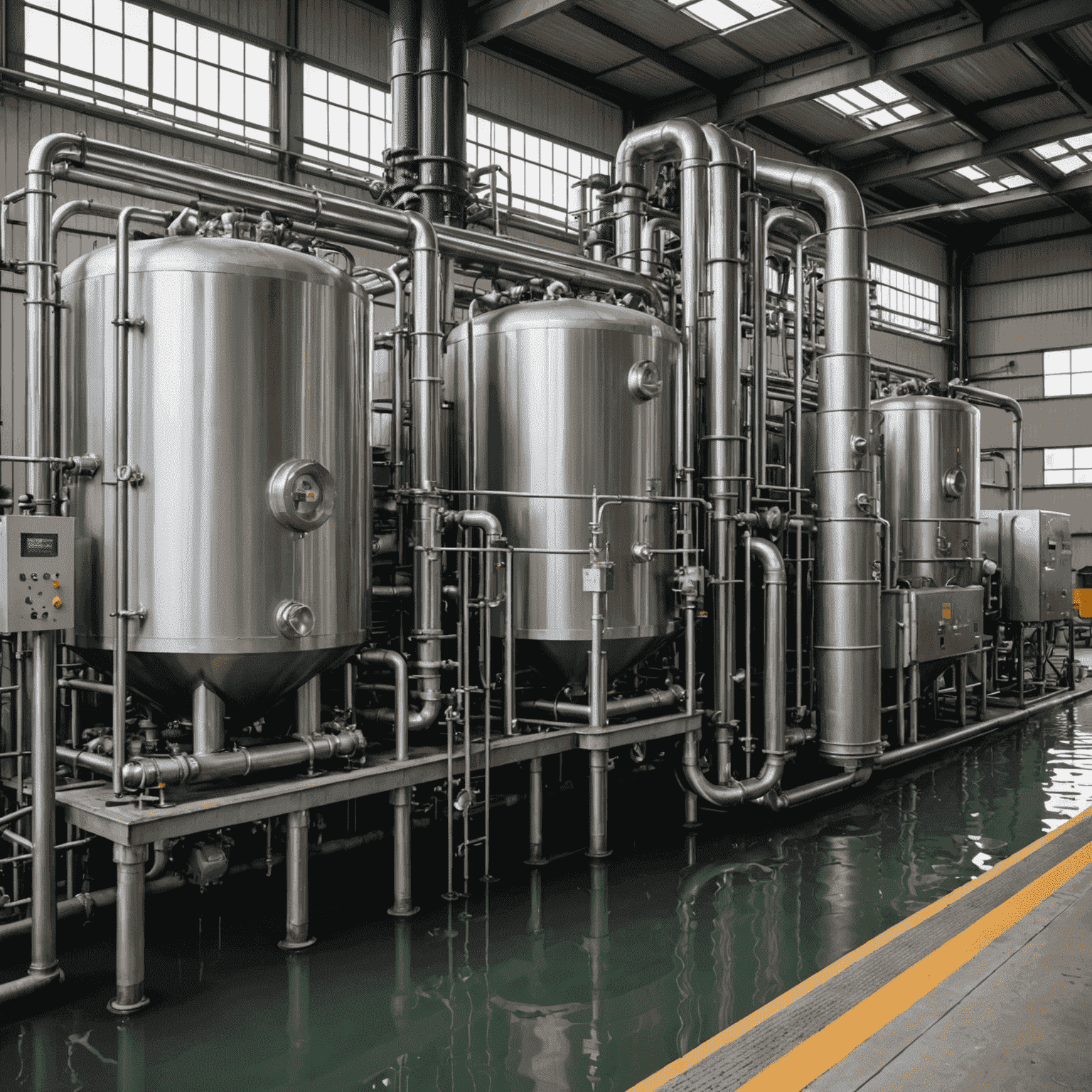Water Conservation Strategies for Urban Areas

As South African cities continue to grapple with ongoing drought concerns, implementing effective water conservation strategies has become paramount. This article explores practical tips and policy recommendations for improving water management in urban areas.
1. Residential Water Conservation
Urban residents can play a crucial role in water conservation efforts:
- Install water-efficient fixtures and appliances
- Fix leaks promptly
- Collect and use rainwater for non-potable purposes
- Adopt drought-resistant landscaping
2. Municipal Infrastructure Improvements
Local governments should focus on:
- Upgrading aging water infrastructure to reduce leaks
- Implementing smart water metering systems
- Investing in water recycling and reuse facilities

3. Policy Recommendations
To ensure long-term water security, consider the following policy measures:
- Implement tiered water pricing to encourage conservation
- Offer incentives for water-saving technologies and practices
- Develop and enforce stricter building codes for water efficiency
- Create public awareness campaigns on water conservation
4. Green Infrastructure
Incorporating green infrastructure can help manage stormwater and reduce demand on water resources:
- Construct rain gardens and bioswales
- Implement permeable pavement in urban development
- Create urban wetlands for natural water filtration
5. Industrial Water Management
Encourage businesses to adopt water-saving practices:
- Conduct water audits and implement efficiency measures
- Recycle and reuse water in industrial processes
- Invest in water-efficient technologies

Financial Implications and Investment Opportunities
Implementing these water conservation strategies requires significant investment. However, the long-term benefits far outweigh the initial costs:
- Reduced water bills for residents and businesses
- Lower operational costs for municipalities
- Increased property values in water-secure areas
- Investment opportunities in water technology and infrastructure
By adopting these water conservation strategies, South African cities can build resilience against drought, ensure sustainable urban development, and create a more water-secure future. As we navigate the challenges posed by climate change and increasing urbanization, investing in water conservation is not just an environmental imperative but also a sound financial decision for individuals, businesses, and municipalities alike.